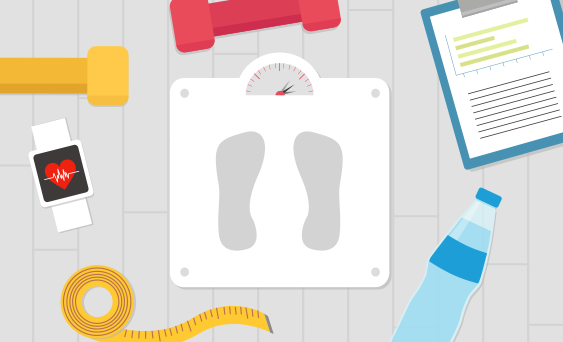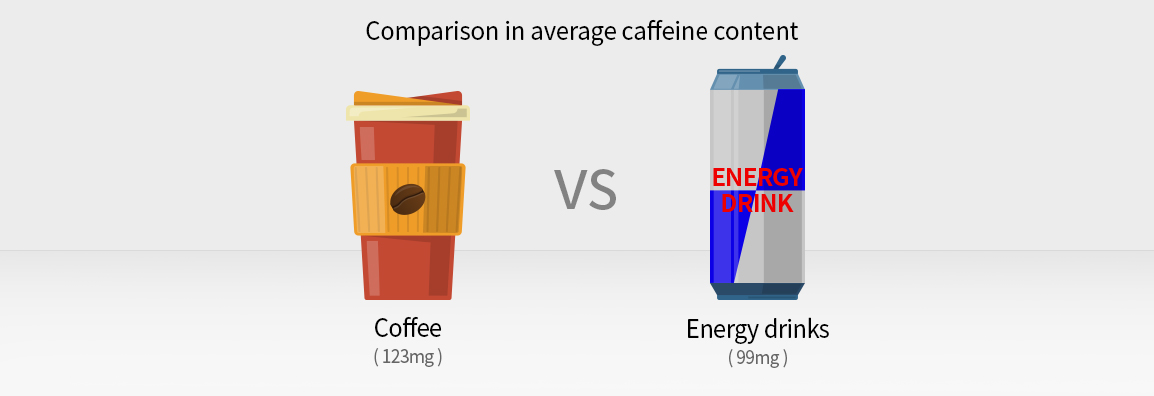- View 2562
Coffee Myths and Facts
A cup of coffee for your sleepy eyes on your way to work or after lunch adds vitality to your life and increases work efficiency. Coffee has been your good friend and has many surprising myths. You may encounter articles about coffee in the news or the newspaper while drinking your daily customary coffee and wonder whether those stories are true. Certain stories may tempt you, others may just be strange. Let us examine the truths and misconceptions about a cup of coffee.
Is coffee effective for diet?
The fact that coffee reduces weight is a false myth. Caffeine in coffee can help to prevent short-term appetite and increase your body’s metabolism, thereby helping to prevent weight gain to a certain extent. However, caffeine in coffee has little effect on weight loss, and there is no clear evidence that weight will constantly decrease as intake increases. Rather, when you consume caffeine for weight loss, you may experience side effects such as increased blood pressure, vomiting, anxiety, and insomnia. Additionally, the overconsumption of coffee with high calorie and fat content will increase your weight, so you should try to avoid frequent consumption. The most effective method to lose weight is through balanced eating and regular exercise, rather than relying solely on rumors and drinking coffee indiscreetly.

Is coffee creamer okay since it is made of vegetable oil?
Vegetable oils, such as olive oil and perilla oil, contain beneficial fat ingredients that help prevent diseases and maintain good health. So often, many people mistakenly think that coffee creamer is good for health because they are made from vegetable oil (palm oil/coconut oil). However, palm oil, unlike other vegetable oils, contains a large amount of harmful saturated fatty acids. The recommended daily intake of saturated fats is approximately 10 grams per 2,000 Kcal for an adult male. Coffee creamer used in a cup of coffee a day is 3-4 grams, therefore not a health hazard. However, if you have a lot of saturated fat, cholesterol in the body may rise, causing adult diseases and cardiovascular disease, so you want to be careful not to overdose.
Hot gives it the proper flavor? Is hot coffee better than cold coffee?
Most people often drink coffee as soon as they receive their ordered coffee. However, it is unhealthy to drink hot coffee without cooling it, since a carcinogenic substance called 'furan' is produced in the middle of heating the coffee. So how long do you have to wait for? Because these furans are highly volatile, they are reduced in an average of 61-90% in 5 minutes after coffee mixes or coffee beans are prepared. Therefore, it is recommended to drink coffee slowly, rather than drinking it immediately.
Caffeine addiction comes from energy drinks, not coffee?

Excessive caffeine ingestion can cause insomnia, anemia, and especially stunt growth in children. So what are the beverages that contain high levels of caffeine and cause caffeine addiction? When comparing the caffeine content per serving, the average content of caffeine in energy drinks was only 99 mg while coffee in coffee shops was with the highest at 123 mg. Followed by liquid coffee (84 mg) and coffee mix (48 mg). The recommended daily intake of caffeine (400mg) for adults is equivalent to 3.3 cups of coffee at coffee shops or 4 cans of energy drinks. The recommended amount of caffeine intake for children and adolescents (125kg based on 50kg) corresponds to 1 cup of coffee or 1.3 cans of energy drinks. Therefore, you should consume coffee or energy drinks in accordance with the recommended caffeine intake. Moreover, since the content of caffeine varies from product to product, it is recommended to refer to caffeine content before consuming high-caffeinated beverages (more than 0.15mg/ml).
Source: Clinical Nutrition Team, Samsung Medical Center



